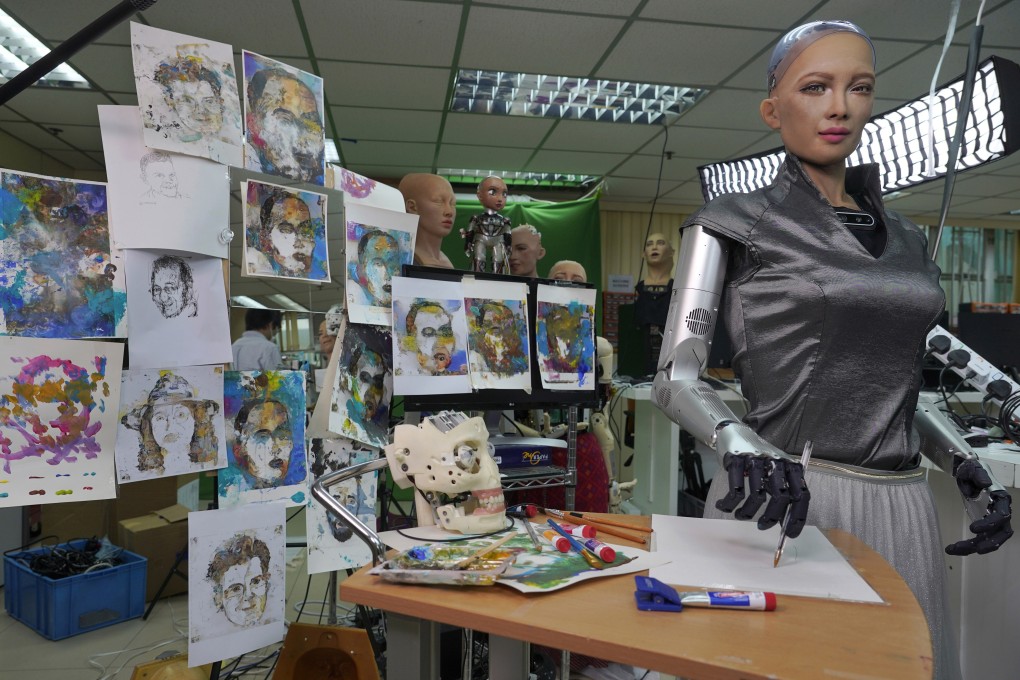Advertisement
Could NFTs be today’s ‘Bowie bonds’, helping struggling artists and musicians to get going?
- Hyperbole aside, a useful spin can be put on NFTs through their ability to securitise an underlying asset, offering a form of share ownership
- However, it’s still early days and the process of acquiring an NFT can be costly and risky
Reading Time:3 minutes
Why you can trust SCMP
1

Elon Musk, the chief of car maker Tesla, demonstrated his influence-by-tweet on the markets recently, when he pointed out the massive energy costs required to mine bitcoin – and depressed its price. We are probably expected to believe this was not at odds with his previous tweets in support of crypto tokens.
The energy consumption required to mine tokens is variously described as falling between that required to power Argentina or the Netherlands, and at these rates is expected to surpass Italy by 2024.
Some 75 per cent of this energy is burned by huge servers in China, including Inner Mongolia, where subsidised coal-fired power stations and a cool climate are ideal for bitcoin mining. It brings to mind the co-location of resources, where the proximity of iron ore to coal in central England fired the 18th-century industrial revolution.
Advertisement
Somehow, the dawn of industry appears somewhat more useful to the human race than the burning of polluting coal to make an abstract asset that has no visible means of support.

02:27
Cryptocurrency volatility highlighted by China’s recent crackdown and Elon Musk comments
Cryptocurrency volatility highlighted by China’s recent crackdown and Elon Musk comments
Bitcoin is fungible in that one token (like coins) can be switched with another, with ownership recorded on the blockchain as a “hash” number.
Advertisement
Advertisement
Select Voice
Select Speed
1.00x
